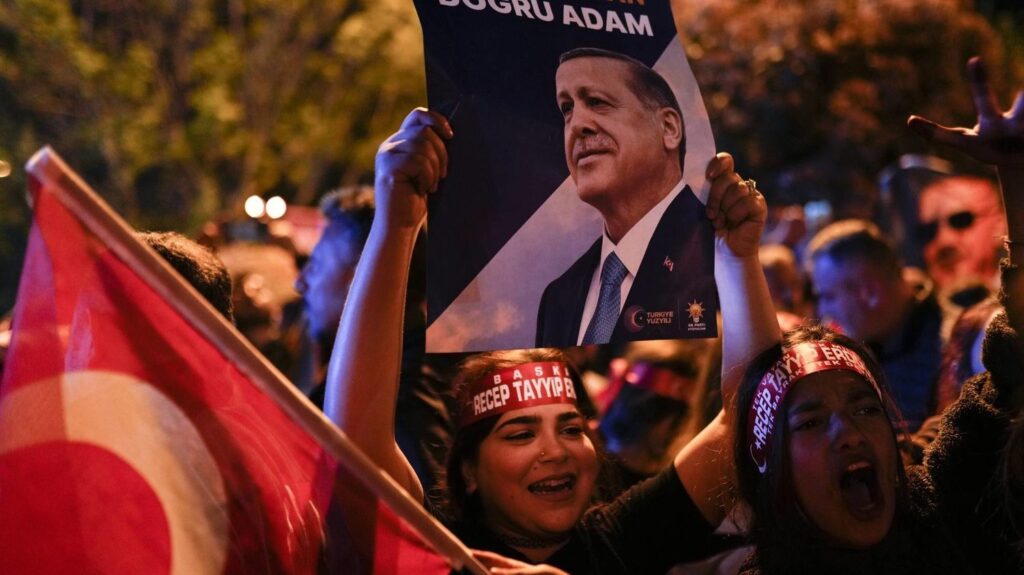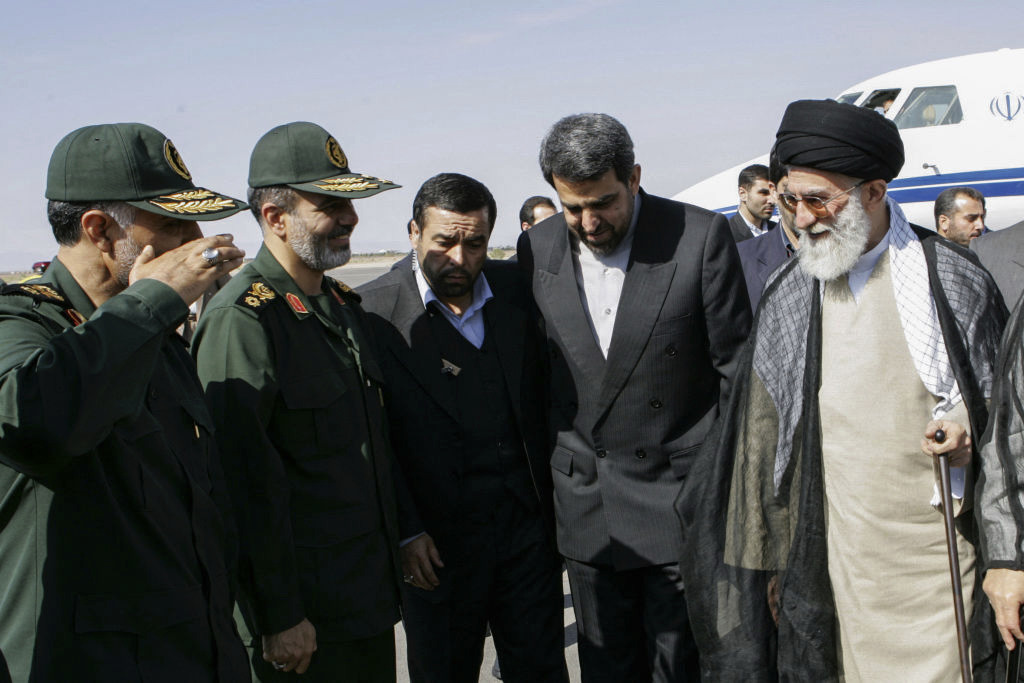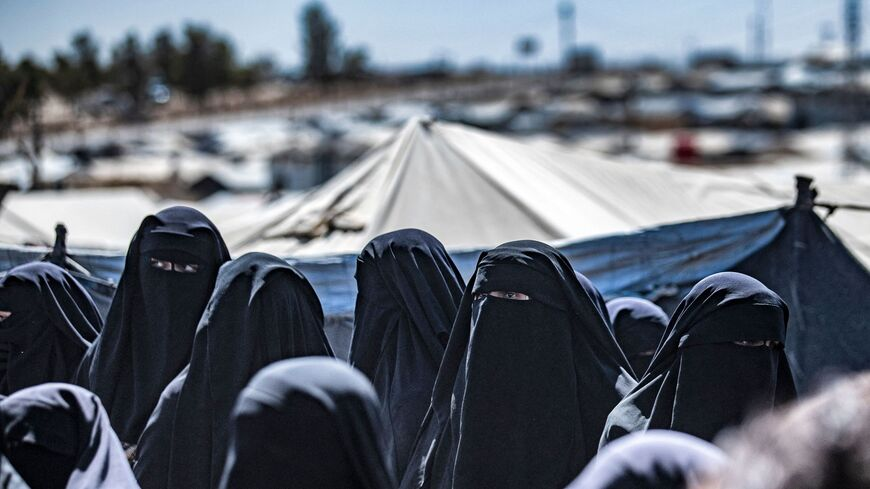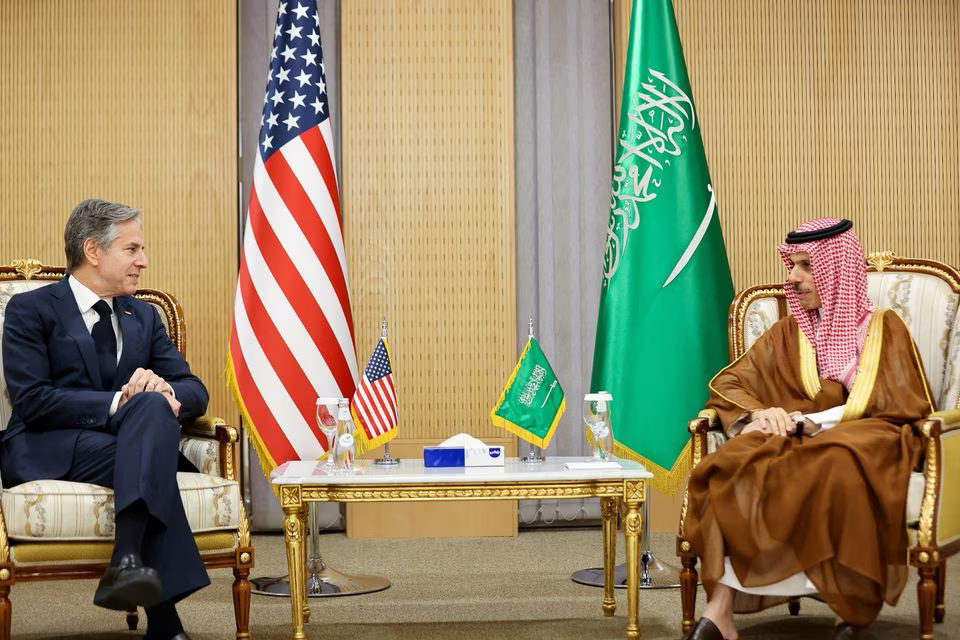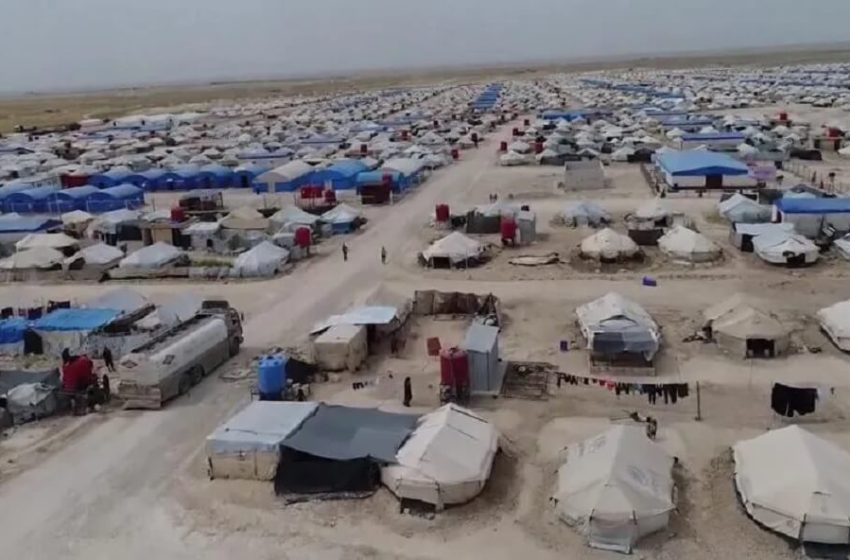Turkey Freezes $150 Million Assets for leaders of Hay’at Tahrir al-Sham
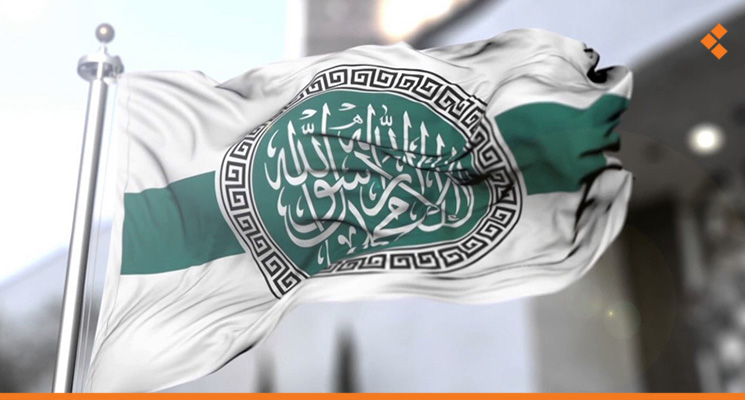
Athr Press has received confirmation that Ankara has taken the decision to freeze the assets and seize the properties belonging to two HTS leaders.
According to reliable sources, Athr Press has received confirmation that Ankara has taken the decision to freeze the assets and seize the properties belonging to two leaders affiliated with Hay’at Tahrir al-Sham (HTS, formerly Jabhat al-Nusra) in Idleb.


